Learn More About the Fellows
2026-2027 Fellows

Initiative Foundation Fellows
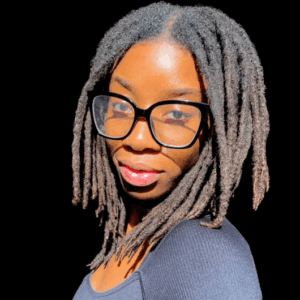
Lilly Goyah
Big Lake: Music and Mental Health Program
Inspired by her own journey through depression and healing via Christian music, Lilly Goyah’s social enterprise seeks to elevate diverse voices in Christian music and media. Through an immersive platform offering music therapy, journaling and faith-centered experiences, the project promotes wellbeing, inspires youth in media and the arts, creates local jobs and builds a spiritually grounded, creative community.
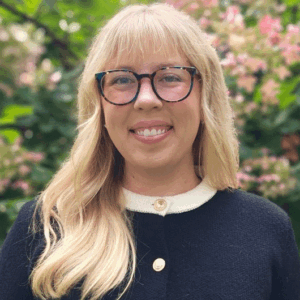
Hallie Pond
Pine River: Conflict Resilience
After nearly two decades working across cultures and contexts—from Minnesota to New York, San Francisco and Senegal—Hallie Pond founded Truespace Consulting to strengthen relationships and reduce polarization. Based in Pine River, Truespace Consulting provides workshops, consulting and coaching that build conflict resilience in workplaces and schools, fostering curious, compassionate communities that transform difficult conversations into opportunities for connection, healing and resilience.
Northspan Fellow
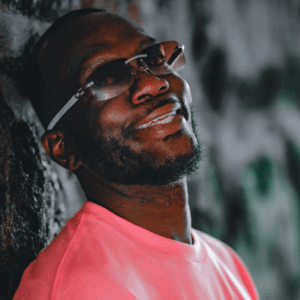
Terrell Grier
Duluth: Youth Empowerment
Terrell Grier’s social enterprise, World of Music, empowers underprivileged and justice-involved youth across Greater Minnesota by teaching them to write, compose and perform original songs. Drawing on his own journey from Detroit to Duluth, and enriched by his work as an author, artist and entrepreneur, Grier uses music to build confidence, resilience and hope while reducing depression, anxiety and cycles of incarceration.
Northwest Minnesota Foundation Fellows
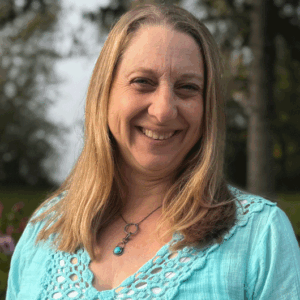
Dacia Dauner
Bemidji: Family Nature Connections
Dacia Dauner’s social enterprise, Apple Blossom Village, helps families and children unplug from screens and reconnect with nature through outdoor experiences rooted in mind, body and spirit. Drawing on more than 20 years in early childhood and Waldorf education, Dauner offers family classes, mobile forest school, and retreats that promote health, foster stewardship and inspire joy and wonder in the natural world.
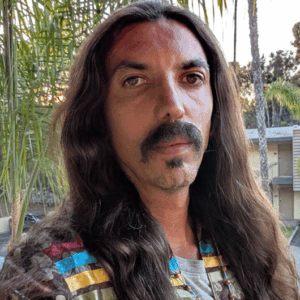
Joshua Jones
Red Lake: Indigenous Mentorship
With a background spanning motocross racing, touring music, vineyard management, IT and hydrology, Joshua Jones brings a wealth of experience to mentoring Indigenous youth. His social enterprise engages young people on the Red Lake reservation and across northern Minnesota in construction projects and community events, providing job training, fostering cultural connection, and strengthening communities for the future.
Southwest Initiative Foundation Fellows
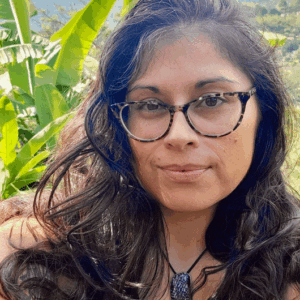
Marcella Prokop
Beaver Creek: Cultural Connection
As an artist, educator and farmer in rural Minnesota, Marcella Prokop is building programming that blends creativity, education and fellowship to strengthen community health and belonging. Her social enterprise provides free and low-cost culturally sustaining events that bring together young families, elders and diverse neighbors—enhancing wellbeing, fostering cultural understanding and supporting resilient local economies.
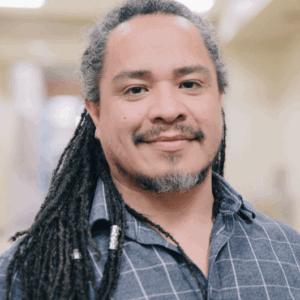
John Salgado Maldonado
Willmar: Building Inclusive Communities
John Salgado Maldonado’s social enterprise seeks to build inclusive, connected rural communities through arts-based, wellness-centered and culturally rooted experiences. Grounded in his journey of reclaiming and honoring his Afro-Latinx identity, he addresses racism and exclusion by fostering healing, cultural awareness and collective care. His work supports local artists and promotes healthier, more inclusive environments across Greater Minnesota.
West Central Initiative Fellows
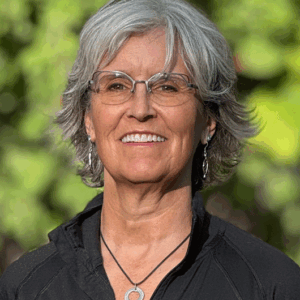
Erika Gilsdorf
Detroit Lakes: Climate Storytelling
Erika Gilsdorf’s social enterprise builds climate leadership and resilient communities across Minnesota by sharing local environmental stories through podcasts, social media and events. Drawing on her experiences traveling the U.S. in electric vehicles to document people driving change, and recognition from Telly and international film festivals, Gilsdorf connects people with nature and with one another to inspire hope and collective action.
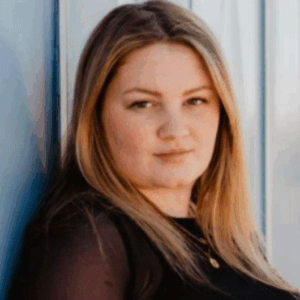
Megan Gilsdorf
Detroit Lakes: Community Through Art
Growing up in a 100-year-old family department store and with a father who is a self-employed artist, Megan Gilsdorf learned both the challenges and rewards of creative entrepreneurship. Her social enterprise, Creative Studio Co. in Detroit Lakes, provides affordable studio space, mentorship and shared resources to foster collaboration, empower artists, and strengthen the local creative economy through connection and opportunity.
Erika and Megan Gilsdorf are related (aunt-niece) and have been awarded separate fellowships for separate projects based on the merit of their ideas.
